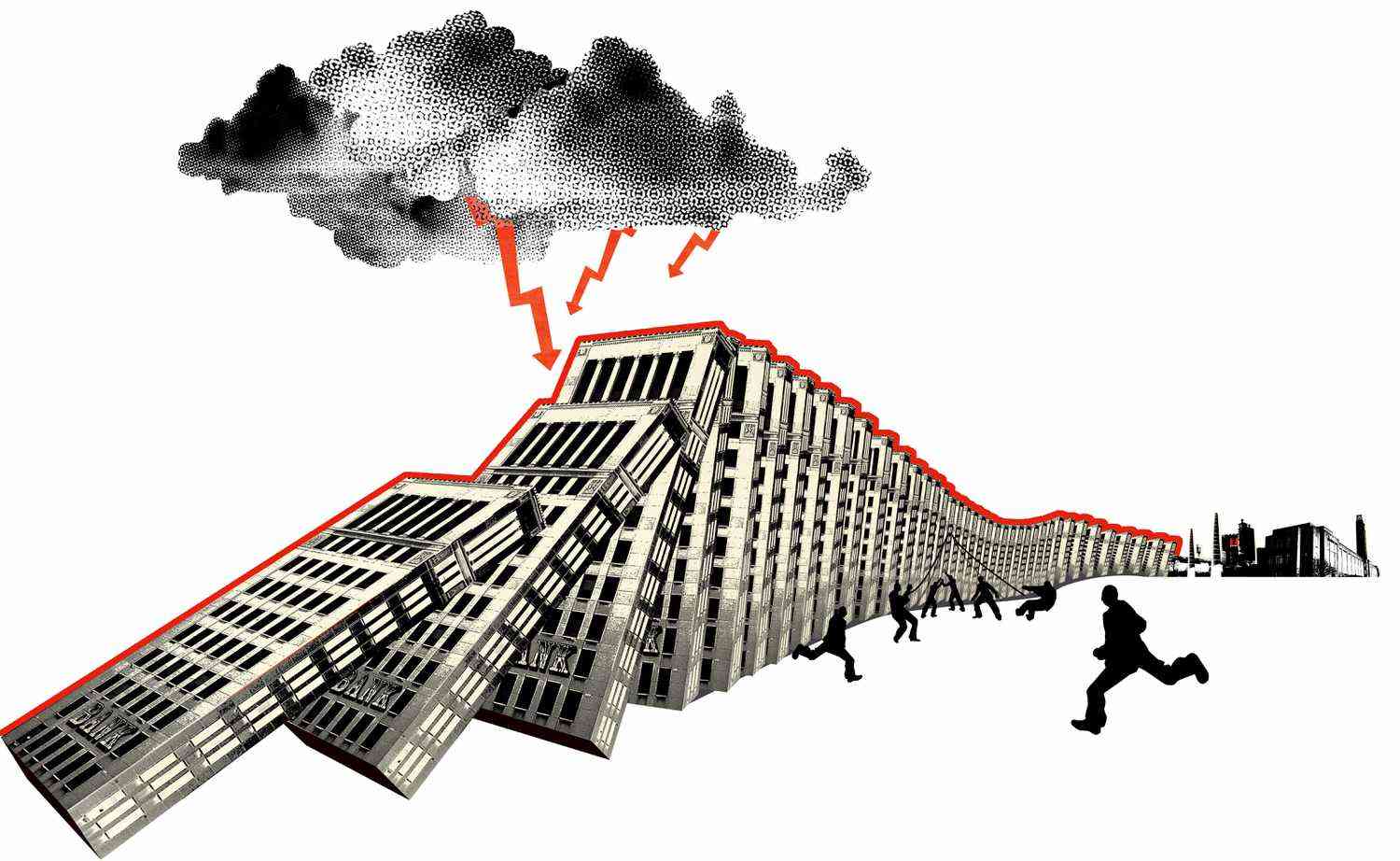
In the most recent blueprints released by government, the Reserve Bank of Zimbabwe, and the Zimbabwe National Statistics Agency, one figure stands out.
The country’s formal sector has collapsed by a shocking 16 percentage points since the International Monetary Fund revealed a few years ago that the informal economy was surging, already dominating 60% of gross domestic product.
It was hardly surprising. Zimbabwe had just emerged from a brutal 500 billion percent inflationary shock, and the perpetually smouldering currency had collapsed only a few years earlier.
Half a million people turned to illegal gold panning after relentless de-industrialisation devastated the job market. Investigations linked them to spiriting away US$1,8 billion worth of gold annually into the black market. This is by any measure a staggering economic loss.
At the peak of the post-dollarisation collapse, ten companies were folding monthly in 2014, and 350 workers were losing jobs weekly, according to the Zimbabwe Congress of Trade Unions. Between 2011 and 2013, the Ministry of Finance reported, 4 600 firms collapsed, pushing 55 000 people into unemployment. Today’s statistical shock was sadly inevitable.
If 60% informality was alarming, 76% is catastrophic. In countries that value human welfare, this would trigger scrutiny, accountability, and urgent corrective action.
Here, it triggers silence — the defiance familiar with regimes that treat even 95% inflation as trivial. Humanity is paying the price of this laxity. Seventy-six percent informality is not just any statistic. It is a warning that we are still headed for the swamps. The formal economy — the backbone of jobs, taxes, pensions, health, and education — is imploding.
Leadership bears direct blame. Ministers fly to luxury conferences, dine in five-star hotels, absorb lessons on building economies, and return with nothing for the people. Their families profit while the economy shatters. Silence and empty promises are unacceptable when our people are under threat.
- Mavhunga puts DeMbare into Chibuku quarterfinals
- Bulls to charge into Zimbabwe gold stocks
- Ndiraya concerned as goals dry up
- Letters: How solar power is transforming African farms
Keep Reading
The urgency once reserved for fighting sanctions or blasting foreign critics must now confront a home-grown enemy — failed policies, lack of investment, and a regime that shrinks from protecting jobs.
The informal economy has surged and jobs are vanishing through divestments, closures, and downsizing. Displaced workers flock to the informal sector. Street vendors, small-scale traders, and illegal gold panners dominate the economy.
This is not by choice, but because the government has procrastinated for too long. Informal businesses rarely export. They hoard cash, distrust banks, and keep dollars under mattresses.
Banks weaken, lending lifelines vanish, pensions falter, and insurance slides into irrelevance. Generations of savings vanished, echoing the US$5,1 billion lost in 2008—a financial trauma that continues to haunt Zimbabwe.
The cracks are everywhere. Informal operators cannot be taxed meaningfully. Public hospitals run out of drugs because tax revenues are struggling. Schools are faltering without sufficient funding. Social services are stuttering. Last week, Parliament confirmed that Basic Education Assistance Module (Beam) payments have been frozen since 2023, leaving 1,5 million vulnerable children stranded.
This is no side issue. It is the direct result of an economy unable to collect sufficient revenue because of the demise of productive sectors.
We must confront the truth. A country 76% informal is not recovering. Its economy is faltering, never mind the sugar coated, high sounding words from technocrats. The formal economy is collapsing fast, and this must be reversed.
The tell-tale sign was on display even last week when Bitumen World, one of government’s biggest contractors, said it would be retrenching hundreds.
Token projects or desperate concessions to investors are insufficient. The authorities’ lack of urgency as the formal economy crashes is the most worrying aspect.
Glossy blueprints, speeches, reports, high salaries for top civil servants and perks mean nothing unless they restore industry, jobs, and confidence. At 76% informality, the time for excuses is over; the time for action is now.











